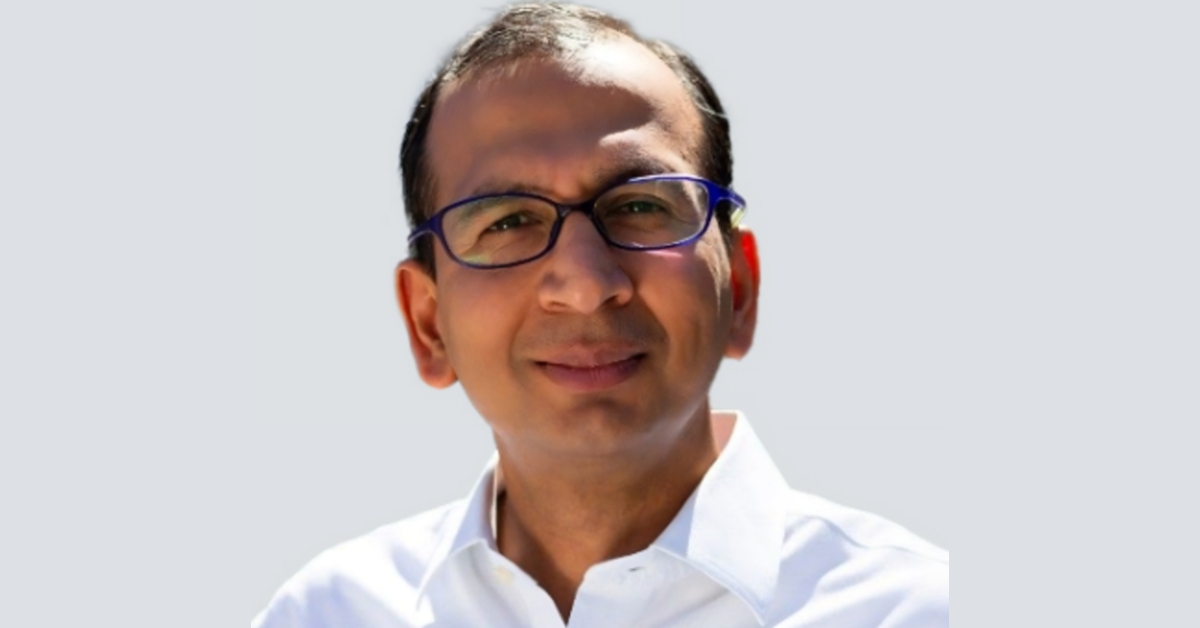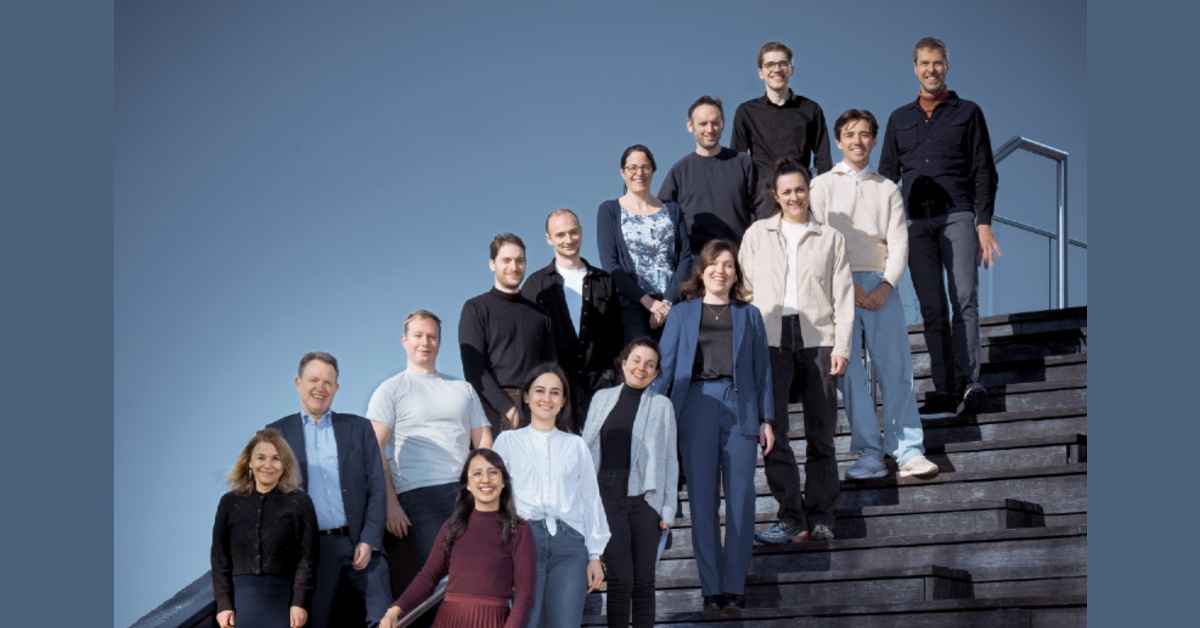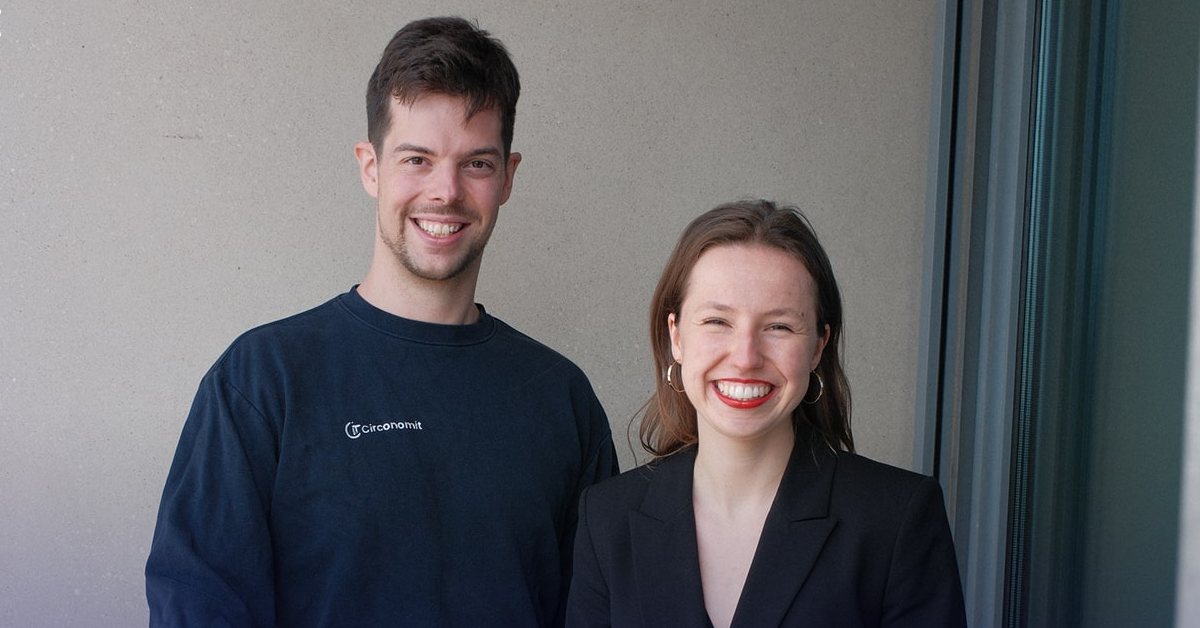Globally, women are still under-represented, underpaid, and discriminated against, across all sectors. The disparity is quite evident, especially in the tech sector. According to the findings of Notion Capital’s report “Part One: Female Inclusion”, just 1 in 5 leaders at tech unicorns are women.
In the Netherlands too, women are not amply represented in the daily decision-making process in an organisation. In order to take a stand against the gross underrepresentation of women in decision-making positions, interest groups such as BrandedU and WOMEN Inc have started a campaign called ‘I am Peter’.
BrandedU is a personal branding institute built for the acceleration of women in business, whereas WOMEN Inc is a non-profit organisation that works towards equal opportunities for all regardless of gender and sex.
As part of this campaign BrandedU and WOMEN Inc. are asking all women to change their first name to “Peter” on LinkedIn between January 24 and January 28, to draw attention to the unequal gender distribution in the workplace. The rationale behind choosing the name ‘Peter’ is that, in the Netherlands, there are more CEOs called Peter than women CEOs. Meanwhile, even some men are changing their name to “Petra” in solidarity.
This exercise is primarily taken up to address the inequality in gender distribution in the professional space. According to BrandedU, only 12 per cent of the board of directors of listed companies are females and less than 25 per cent of professors in universities are women.
“In the week of January 24 to 28, we call on all women to change their name on LinkedIn to Peter. With this, we draw attention to the unequal gender distribution in the (mid)management of companies” the website of BrandedU mentioned.
Why is there an unequal representation?
There are both cultural and systemic causes for this underlying inequality. Often it’s noted that the unequal distribution of work between men and women has a negative influence on their employment opportunities, especially for the latter.
According to BrandedU “Gender stereotyping (prejudice based on someone’s gender) also stands in the way of women reaching the top positions in the business. Fewer women at the top also means there are fewer role models, and visible role models play a vital role in helping more women reach decision-making positions.”
Why is representation paramount?
It’s mostly seen that representation in the workplace works like a chain reaction. This is because with more women moving into decision-making positions, more role models are being created, that can further help in supporting and uplifting others that have similar ambitions.
Also, workspaces must be inclusive and it’s very important that people, especially women are able to identify themselves in various hierarchies of an organisation. It’s said that 50 per cent of women in decision-making and an even distribution has various benefits and positive sides. Through this exercise, organisations are aiming to attract attention to the underrepresentation of women, mostly in the Dutch business circles.
Statistics
Here are some facts and figures by BrandedU and WOMEN Inc., that will explain and showcase more about the underrepresentation of women in the Dutch business circles.
- There are more CEOs named Peter than female CEOs
- Only 37% of the Dutch Parliament consists of women
- Only 14% of the general managers are women among the 100 largest companies in the Netherlands
- The mid-management of the large companies only consist of 28% women
BrandedU and WOMEN Inc. have come forward to boost the careers of women and so far have the likes of organisations and businesses like Puma, Philips, PwC, EY, Heineken, and IBM among many others. Prince Constantijn Van Oranje-Nassau is the Special Envoy of TechLeap.nl (previously StartupDelta) and an advisor at the European Commission shared his perspective on this topic on Linkedin. He believes that chances are still very uneven for women and men to reach leadership positions. He noted that in venture capital, private equity and across the tech sector there is a troubling lack of female founders, executives and investment managers. This leads to (unconscious) biases, blind spots, unserved markets and many unfilled vacancies, according to him.
“No one should have to change their names, behaviour, or pretend to be someone else to achieve their goals in life, to fulfil their dreams and fully exploit their potential. There is no silver bullet to change this. There are so many factors at play. Awareness is a first step. Once you know you cannot unknow. That is what this campaign is about. And once you know, then you are able to act, and not acting becomes imputable. Change is not going to come by itself. It requires an open attitude and willingness to learn, listen and challenge your biases. But we are all in this together and can make change happen” Nassau concluded.
Do you think this initiative by the Dutch women will help in narrowing the prevalent gender gap? Let us know your thoughts.










01
From telecom veteran to Dutch Startup Visa success: The Jignesh Dave story